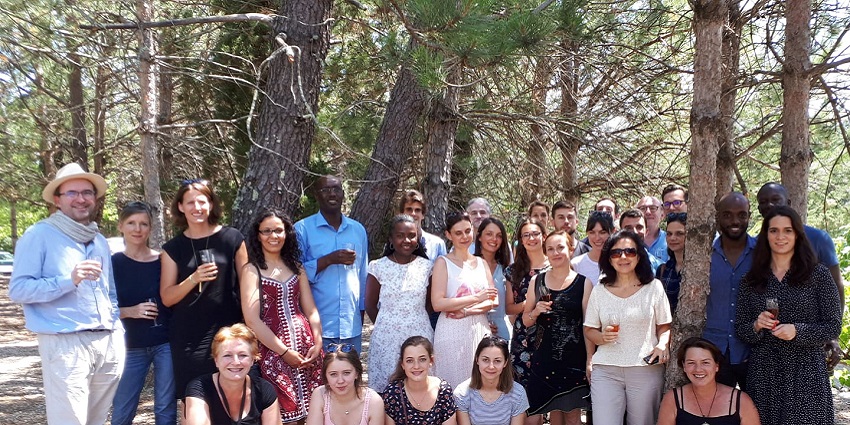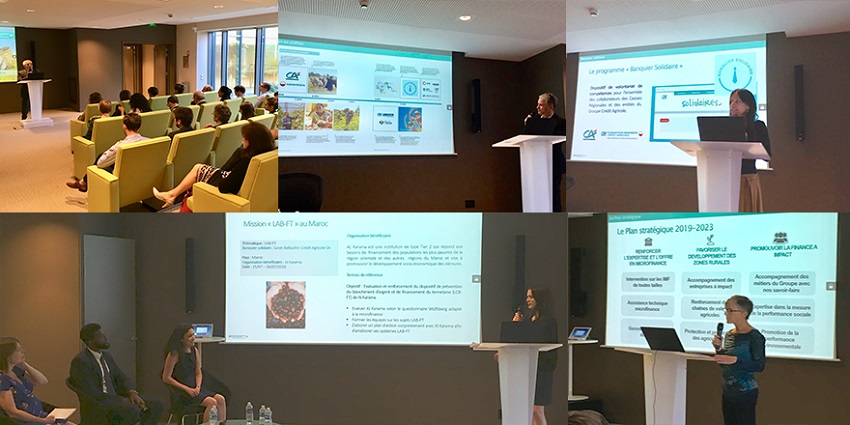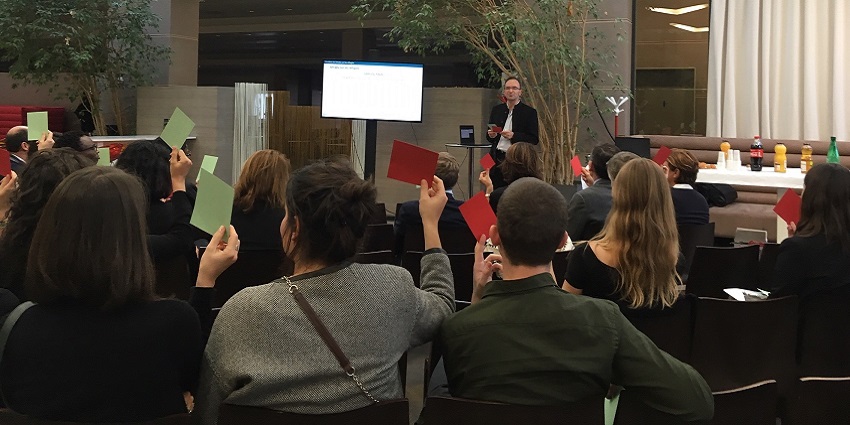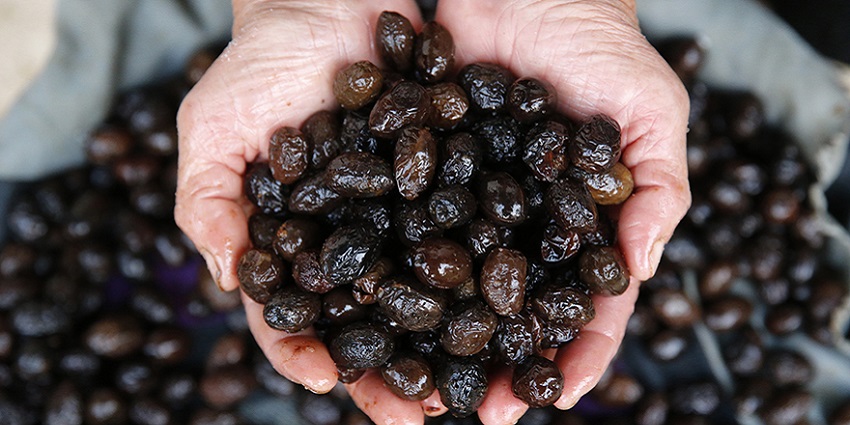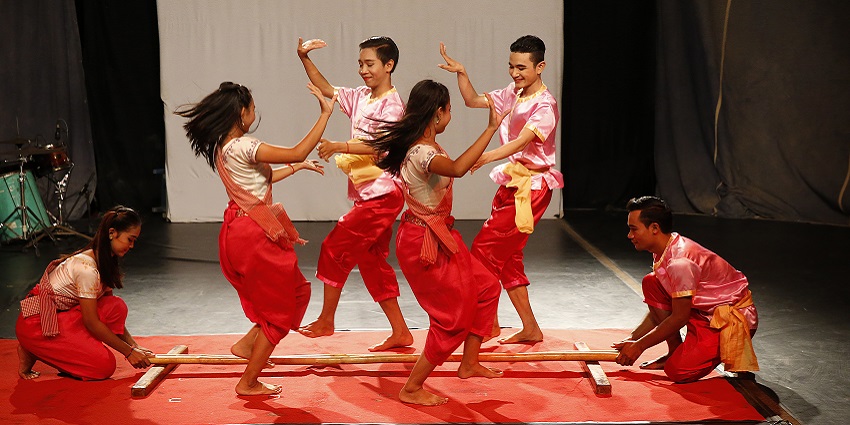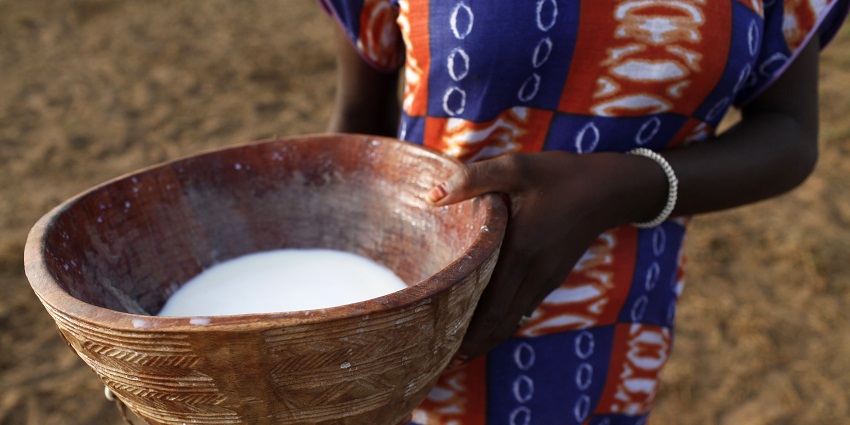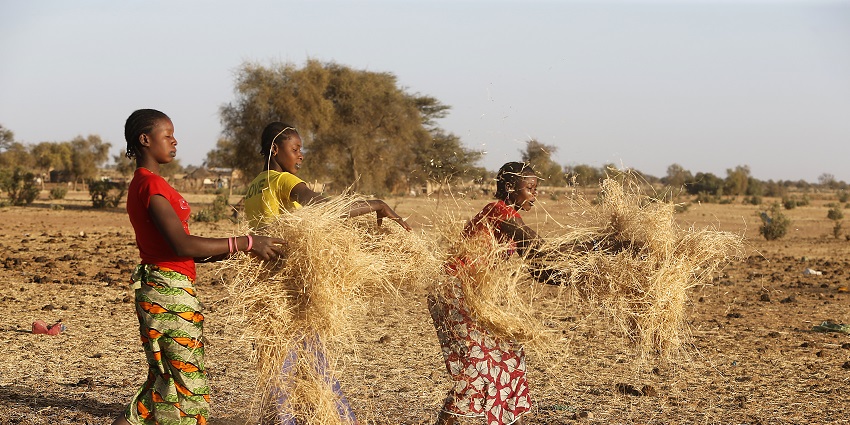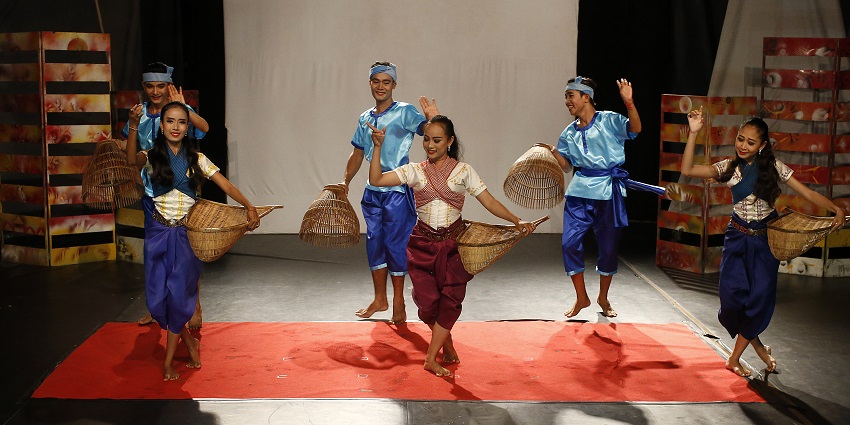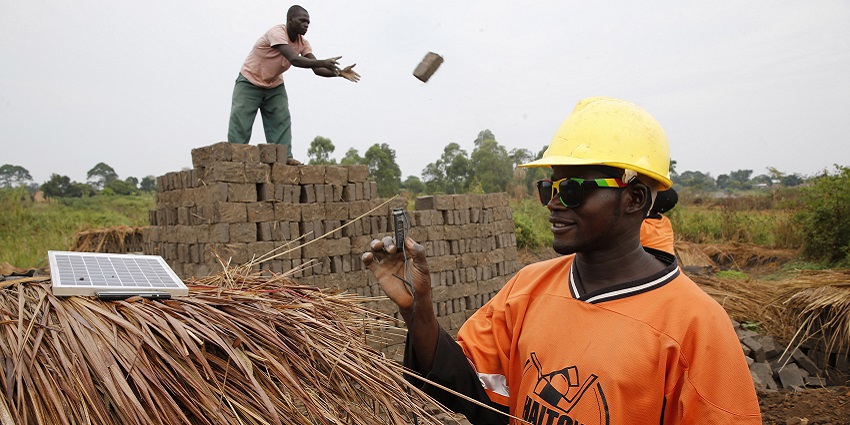Crédit Agricole Fund for Inclusive Finance in Rural Areas
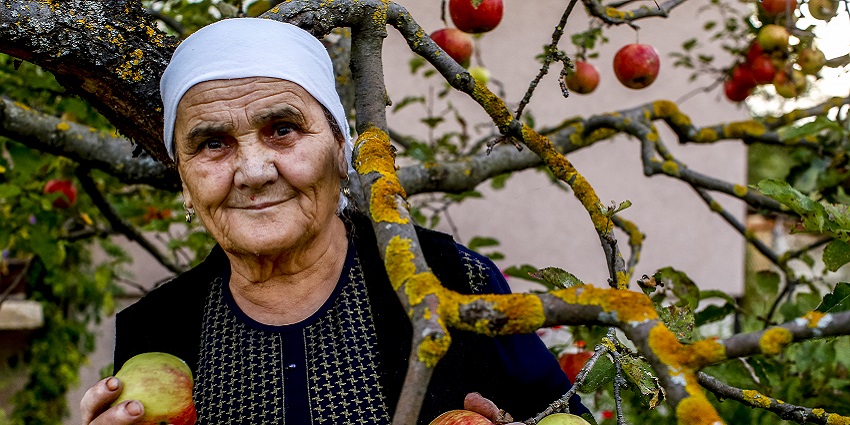
©Philippe Lissac/GODONG
In partnership with CA Indosuez Wealth (Asset Management) and CACEIS Bank, Luxembourg Branch, the Grameen Crédit Agricole Foundation launched in September 2018 the FIR (Inclusive Finance in Rural Areas), a compartment of the Grameen Crédit Agricole Fund, the first microfinance fund of the Crédit Agricole group.
2018, launch of the FIR and first fundraising
For over 10 years, the Grameen Crédit Agricole Foundation has been promoting financial inclusion and entrepreneurship by supporting microfinance institutions and social impact businesses. To strengthen its work and multiply its impact, the Foundation, in partnership with CA Indosuez Wealth (Asset Management) and CACEIS Bank, Luxembourg Branch, has launched the Compartment for Inclusive Finance in Rural Areas (FIR), which will enable Group entities to finance microfinance institutions in rural areas in Africa, Asia, and Europe.
The first two FIR fundraising rounds closed in 2018 saw the participation of fifteen Regional Funds (Alsace-Vosges, Centre-est, Centre-France, Champagne-Bourgogne, Charente-Périgord, Franche-Comté, Ille-et-Vilaine, Languedoc, Loire-Haute Loire, Martinique-Guyane, Normandie-Seine, Provence Côte-d'Azur, Réunion, Savoie and Sud Rhône Alpes), as well as those of Amundi and Crédit Agricole Assurance for an amount of close to 8 million euros.
2019, third fundraising and new perspectives
With the last fundraising closed on June 28, 2019, five new Regional Funds (Alpes Provence, Brie Picardie, Finistère, Centre-Ouest and Touraine Poitou) subscribed to the FIR for an amount of 1.6 million euros.
With these resources, the FIR will expand its investments in the form of loans to microfinance institutions operating primarily in Sub-Saharan Africa and South and Southeast Asia. As part of its mandate as advisor to the Fund, the Foundation identifies microfinance institutions, conducts due diligence on the ground, and, once this investigation work has been completed and validated by the CA Indosuez Wealth Investment Committee (Asset Management), also handles the follow-up process.
The loans are intended to refinance credits made to populations traditionally excluded from the banking sector living in rural areas, who constitute the main clientele of the targeted microfinance institutions.


